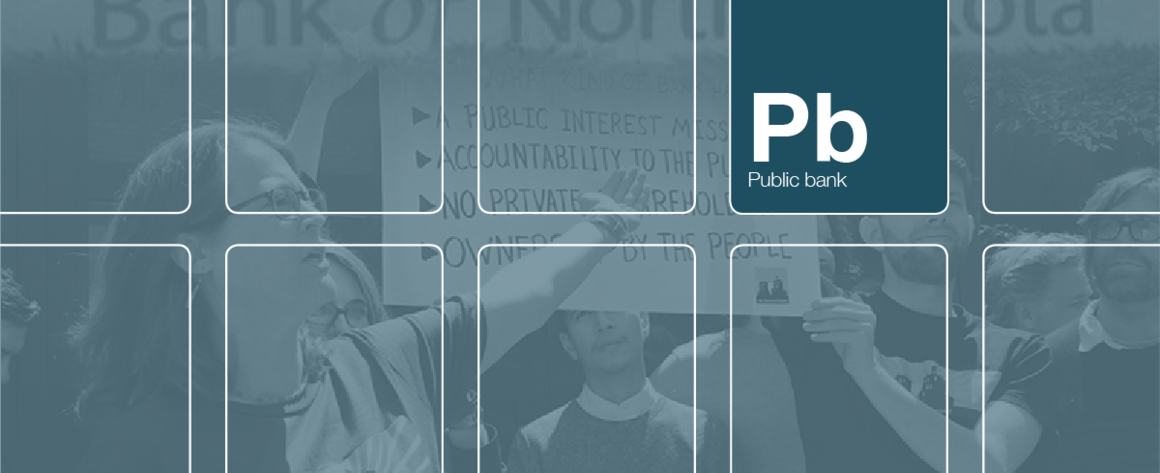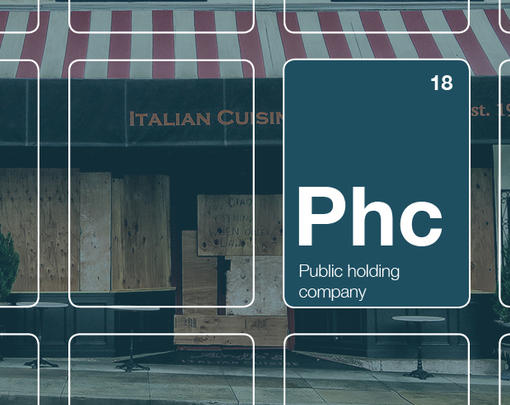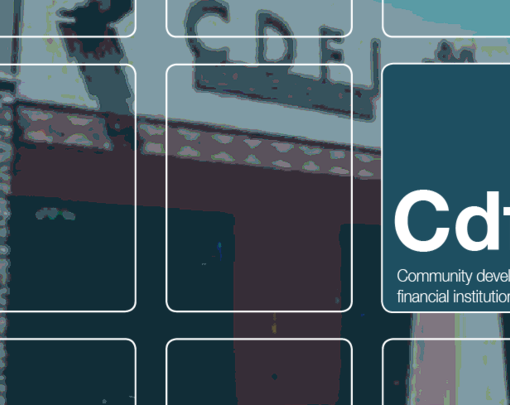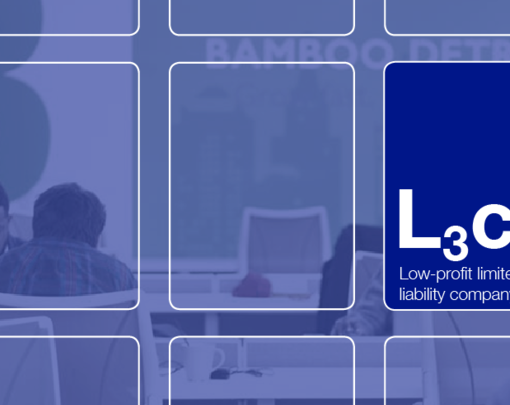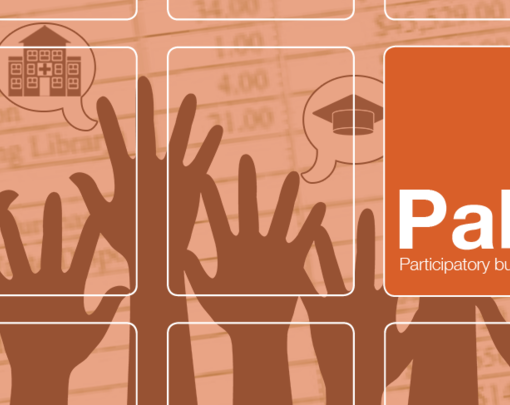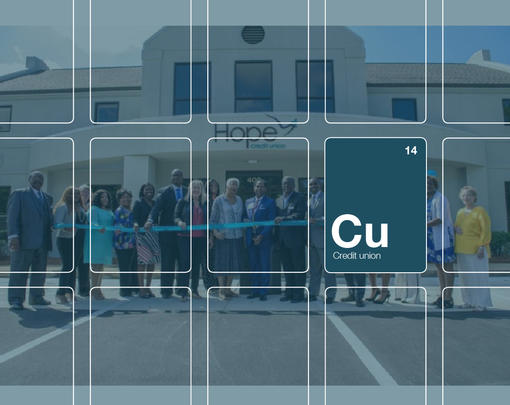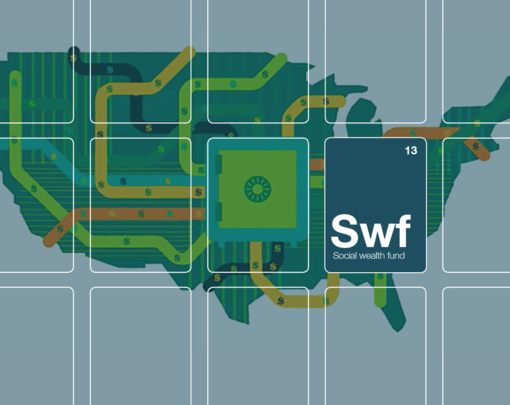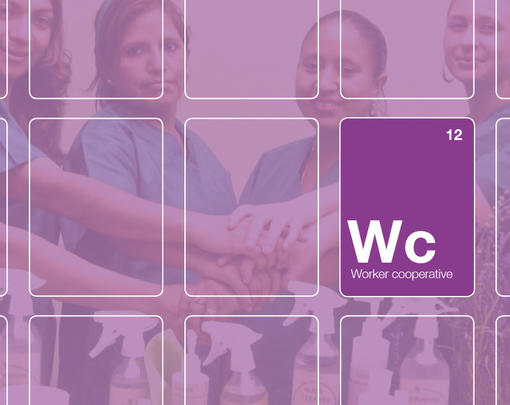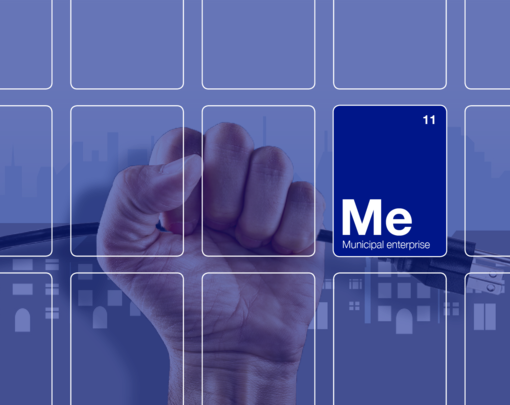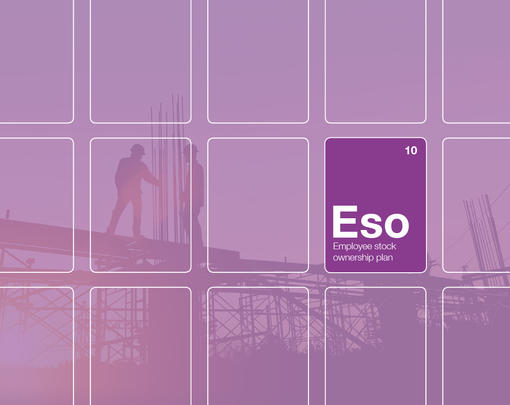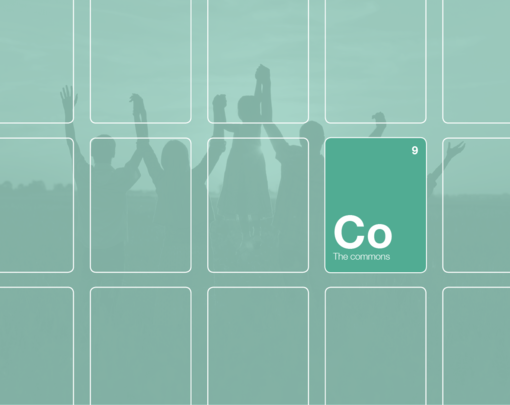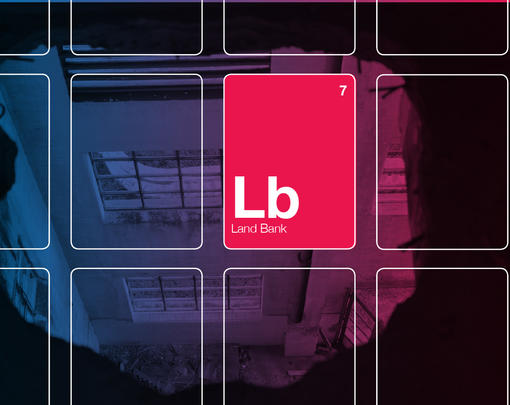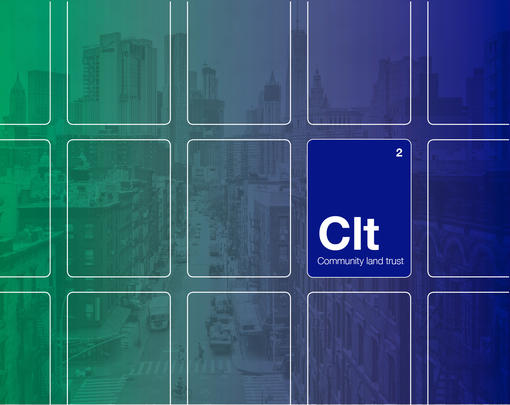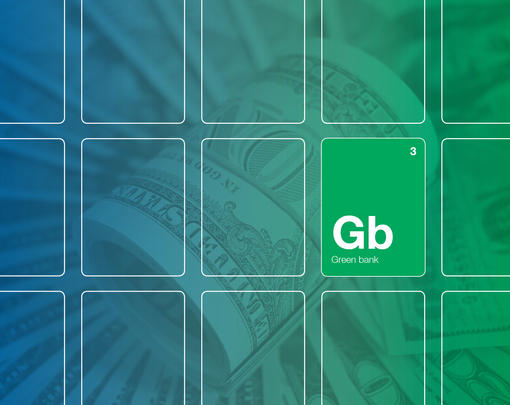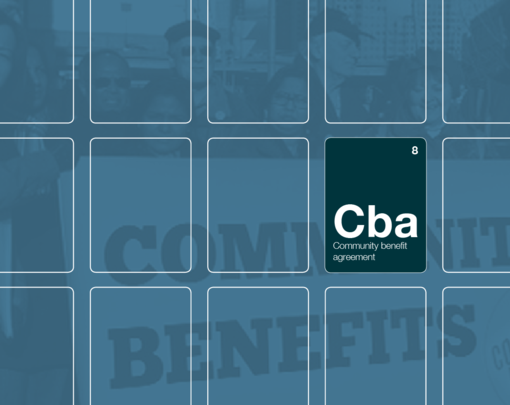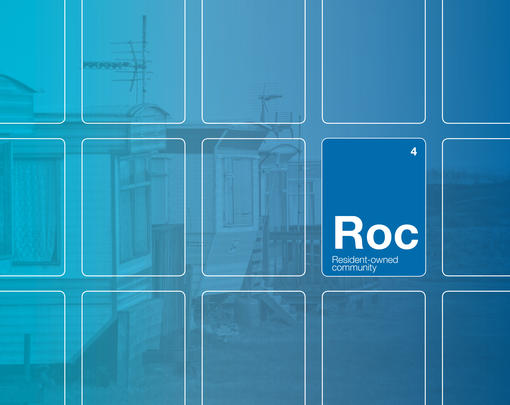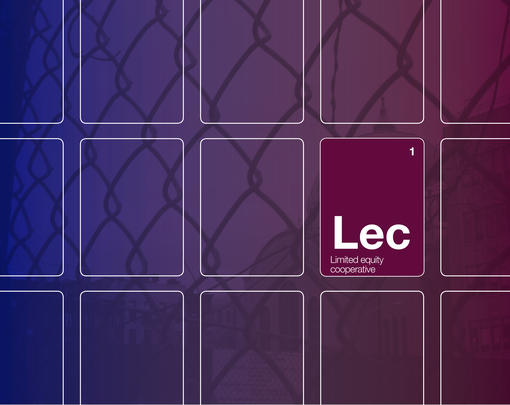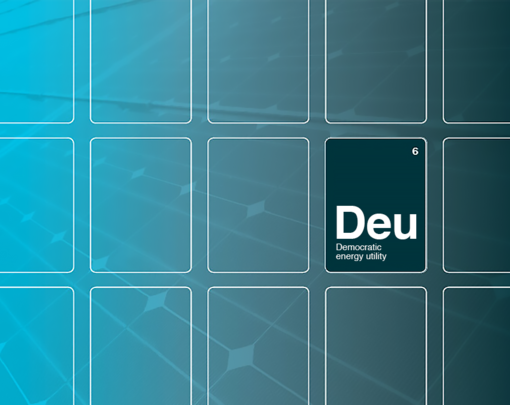Description
A public bank is a financial institution owned by and accountable to the people through their representative government (e.g. a municipality, state or country).
Public banks receive their revenue through mechanisms set by the jurisdictions that run them. They invest, lend, and provide banking services, often at below-market rates and sometimes in partnership with community banks. Their “return on investment” is measured less in financial returns and more in their success in supporting such social goods as affordable housing, neighborhood development, infrastructure, small business development, education, and job creation. In modern economies, it is lending by large commercial banks, rather than actions by the state, that creates the majority of the money supply. Public banks are a way to democratize the money-creation process and ensure that the process is used for public purposes.
Potential Impact
While private financial institutions prioritize their own bottom line, public banks are inherently different in their incentive structures, pay scales, interest rates, and investment mandates. Public banks, for example, can allow cities and states to finance critical public projects at much lower interest rates than commercial banks or on the bond market, ensuring the growth of the real economy and the stabilization of our communities. Public banks can also support smaller, community-oriented banks and credit unions that help diversify local financial ecosystems. Several states and municipalities have in recent years commissioned feasibility studies on public banks, and a few are considering legislation to create them. One such study for New Jersey in 2018 estimated that a state-owned bank, for every $10 million invested, would yield $16 million to $21 million in economic output, raise state income from $3.8 million to $5.2 million, and add 60 to 93 jobs. Public banks can be key to a decentralized and democratized financial system defined by stability rather than the boom and bust of speculation.
Transformative Characteristics
Traditional commercial banks generally extract resources from local economies. Public banking institutions can reinvest public resources in infrastructure, public works, education (such as student loans), renewable energy, local businesses ventures, and more. Investment decisions formerly made in far-off boardrooms could be returned to the local level with participatory processes that identify local priorities. Public banks could also offer basic financial services to preyed upon “underbanked” populations, either directly or through supporting local community banks. Other possibilities for public banks range from prioritizing small business development to providing seed money for elder care cooperatives to creating a sector for community solar. A public bank need not be concerned primarily with profit maximization but can instead prioritize the long-term economic and ecological health of its service area.
Examples
BANK OF NORTH DAKOTA, Bismarck, N.D.
Est. 1919
The Bank of North Dakota (BND) is the oldest public bank in the United States. (The Territorial Bank of American Samoa is the newest.) BND offers loans for businesses, homeownership, and college tuition, in addition to basic banking services. However, the type of lending that BND does tends to have a broader scope than that of commercial banks, and it has added more than $300 million to public revenues over the past 10 years. BND has been highly successful in supporting community lending by local banks and serves as a reliable and affordable source of capital to community banks and credit unions across the state. The BND even turned a profit during the years following the 2008 Great Recession, and North Dakota was the only state reporting major surpluses during that period.
SPARKASSEN (German public savings banks)
Established 1778
The German savings banks (Sparkassen) serve as a highly successful example of public banks working both independently and cooperatively. They were established over 200 years ago to ensure that everyone, including the very poor, had access to banking services. There is a Sparkasse in nearly every town, providing the full range of banking services to 50 million customers. These banks now hold 40 percent of total banking assets in Germany, managing public funds while investing bank profits back into their communities. Each of the more than 380 Sparkasse is legally and financially independent but is also part of a supportive network that works to ensure the success of each bank. They operate according to commercial principles, but without the focus on maximizing shareholder profit. This focus on investing back into the community and working together has helped support a resilient, stable economy.
Challenges
Designing and managing a public bank requires special expertise and a significant amount of capital. A government capitalizing a public bank with deposits from public sources will have to determine how to disentangle themselves from contracts they have with large, mainstream banks. These banks wield tremendous power and will leverage it against public banking efforts. The public bank’s ability to be responsive to community needs depends on the democratic and participatory mechanisms incorporated into its design.
More Resources
• The Public Banking Institute
• “The Benefits of a Public Bank for Cities and Municipalities” by Hub Public Banking
Related Content
The Next System Podcast: David Jette, the co-founder and legislative director of Public Bank LA, and Juleon Robinson, a program associate at the New Economy Project working on a campaign to establish a municipal bank in New York City, discuss the nationwide movement to establish public banks, including a landmark ballot measure in Los Angeles.
Download and Share

